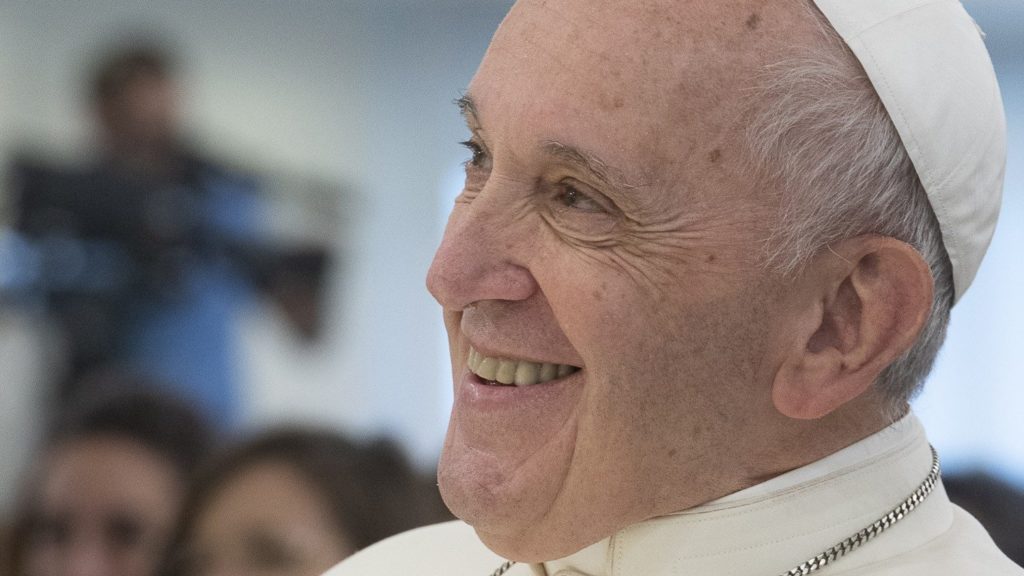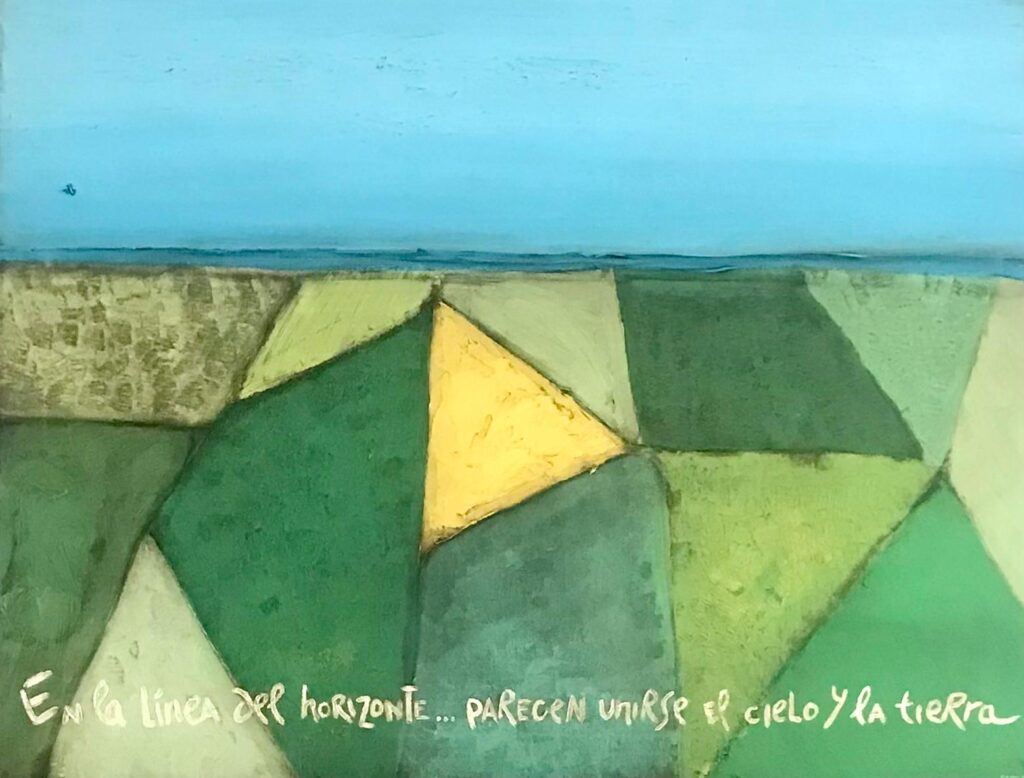Ten Years of Good Shepherding
His pontificate has inspired admiration, and no one has been left unmoved

March 13 marks the tenth anniversary of the Pontificate of Francis, the first Latin American pope in the Church’s bimillennial history. The election of the Argentine Mario Bergoglio as the leader of the Catholic Church reaffirmed the non-Eurocentricity of the papacy in the Church that began to manifest, in recent centuries, with the election of Polish Pope St. John Paul II in 1978 and then, at his death, with the election of German Pope Benedict XVI in 2005.
All of this shows that the work of the Pontificate in the Church has been opened to the Catholic Church’s universality and to the possibility that we may see – in its fundamental mission of presiding over the faith of the entire ecclesial community – different styles, ways of being, thinking, and acting in the most recent popes of the Church, who have come from such diverse corners of this world.
Precisely, Pope Francis, in these ten years of his Pontificate, has shown us a human and pastoral style typical of his being a Jesuit, Latin American, and a good shepherd who is always aligned with the principles of the gospel of Jesus Christ. It is this style of Pope Francis that impacts the world and the Church as the world increasingly strays from the ways of God, and the ecclesial community increasingly needs to return to the sources of Christianity.
His pontificate has inspired admiration, and no one has been left unmoved, either because of the novel profile of his genuine personality as a human being and as pope, or because of the themes, focuses and emphases of his Petrine ministry. Francis embraces the life and teachings of Jesus of Nazareth and makes them his own life and teachings. And his wanting to live the Gospel of Jesus Christ authentically, simply, transparently, and naturally, is not foreign and has not escaped the amazement and admiration of all, within the Catholic Church and beyond.
His temperament and his life as a Christian also make him a good man and shepherd, companionable, simple, humble,
one like us. Jorge Mario Bergoglio is, as a man and pope, an everyday and authentic being in his words and gestures, in the topics he takes on, in his attitudes and in his very own and personal way of communicating and approaching everyone.
His presence in the Church and world shows him as a conser- vative man in his doctrine, but progressive in his attitudes and approaches; as welcoming, compassionate and inclusive – and not exclusive – and as a Pope who has, wants and proposes a new way of understanding the forms of government within the Church to the point of appearing and presenting himself as “anti-clerical.”
From the first moment he appeared on the balcony of St. Peter’s Square to offer his first Papal blessing “Urbi et Orbi,” the pontificate of Francis has been accompanied by new and prophetic signs and gestures with which he has refreshed the Church’s image before the world but, above all, has permanently summoned us believers to align with the person of Christ, return to the primary sources of our faith so we can live with evangelical authenticity as true disciples and missionaries of the Good News in the world.
In the complexity of this historical, political, social, and cultural juncture in which the whole of humanity lives today and amidst the enormous challenges that the world and the Catholic Church within it endure today, the figure of Pope Francis, his life, gestures and teachings, have been for all a fresh breeze and a beacon of light amidst the vicissitudes and uncertainties that we all face.
His desire to move forward, to set the Church in motion to keep pace with the changes and “signs of the times” that humanity experiences today, his eagerness for the whole Church to be
“a light in the midst of darkness,” for us to shine in the peripheries of the world and share the love of God, especially with the “throwaways” of our world, has encountered criticism and obstacles, above all, within the Church itself, from those who – laity and clerics – see in Francis a threat to their comforts and interests, from those who feel that Francis confronts them with the Gospel and dusts off and disturbs the appeasement of their consciences, and from all those who – like the Pharisees in the time of Jesus of Nazareth – set aside God’s commandment to instead cling to the legalisms and traditions of men (cf. Mk 7:1-13).
All this because Francis is, above all, a “Christian” in its complete sense, a man convinced that the Gospel of Christ is the answer to our yearning for happiness and to our pursuit of a better, more livable, sustainable, human and fraternal world.
On this tenth anniversary of his pontificate, we rejoice in everything that Francis, as man and Pope, is and has meant for the Church and the world. We celebrate his eagerness to draw us – a new – to the gospel of Christ and to God’s love experienced and shared by all. We rejoice in his commitment to renewing us as Christians and delivering the Church from the sacristies so that it may “enlighten all who are in the house” (cf. Mt 5:14-16).
We thank God for all his love and devotion to the poor, sick, imprisoned, the migrants, and those who suffer the most.
Pope Francis has not had an easy task. He has had to swim against the current in a world that wants to build realities, relationships, institutions and societies against or behind God’s back and, above all, he has had to confront that which pains him the most — experiencing and suffering the resistances, oppositions, denials and betrayals to the Gospel of Christ, from laypeople and ordained ministers alike, within the very Church over which he presides.
Let us pray for Francis, as he himself asked of us from the first moments of his pontificate, that the Spirit of God may continue to strengthen him, console him, encourage him, so that he may be with us and preside over us in our faith for many years to come.
Ad multos annos!
 (EN)
(EN)
 (ES)
(ES)
 (IT)
(IT)





